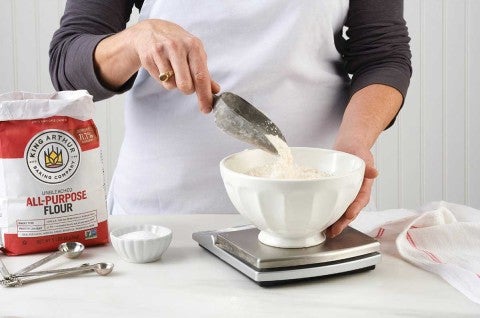


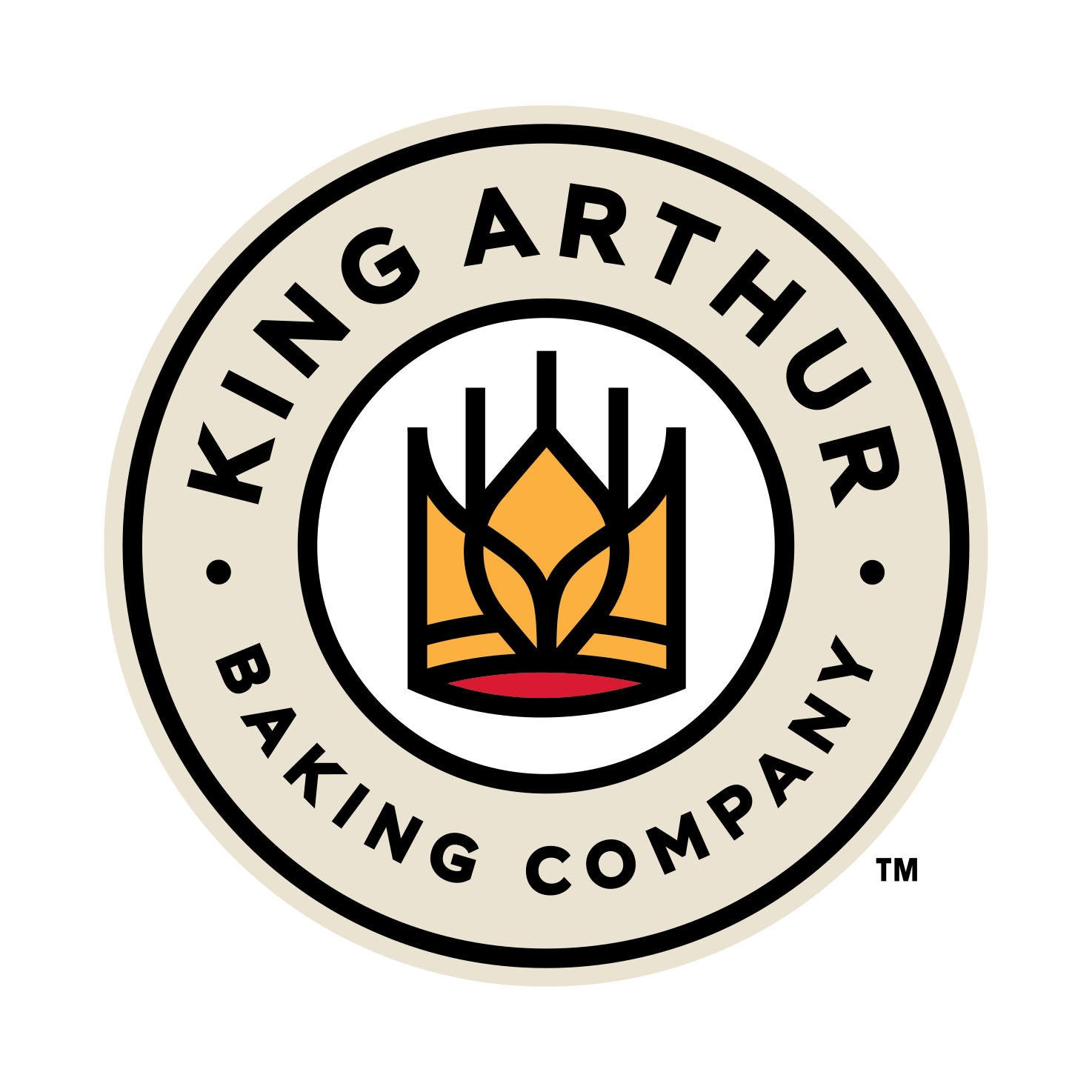 One of our biggest missions at King Arthur Baking Company is to help customers bake better. Which means we take baking very seriously here. So much so, in fact, that our employee-owners’ professional skill building actually involves a whole program just devoted to baking: the Baking Development Plan.
One of our biggest missions at King Arthur Baking Company is to help customers bake better. Which means we take baking very seriously here. So much so, in fact, that our employee-owners’ professional skill building actually involves a whole program just devoted to baking: the Baking Development Plan.
We believe the best way to understand your baking needs is to become better bakers ourselves. So we built a formal training system, tailored to each individual employee-owner, to help us become even more well-rounded, experienced, and knowledgeable bakers. Spanning everything from sourdough to pastry to gluten-free, the Baking Development Plan includes goal setting, a personalized curriculum, a strategic timeline, and a final report. It’s not for the faint of heart.
Having only recently joined the King Arthur family, I’ve just begun embarking on my personal Baking Development Plan. To ensure that I’m skilled in every facet of baking, I started by mapping out my strengths and shortcomings across a comprehensive range of baking styles — everything from pie (got that one covered!) to pastry (definitely have more work to do).
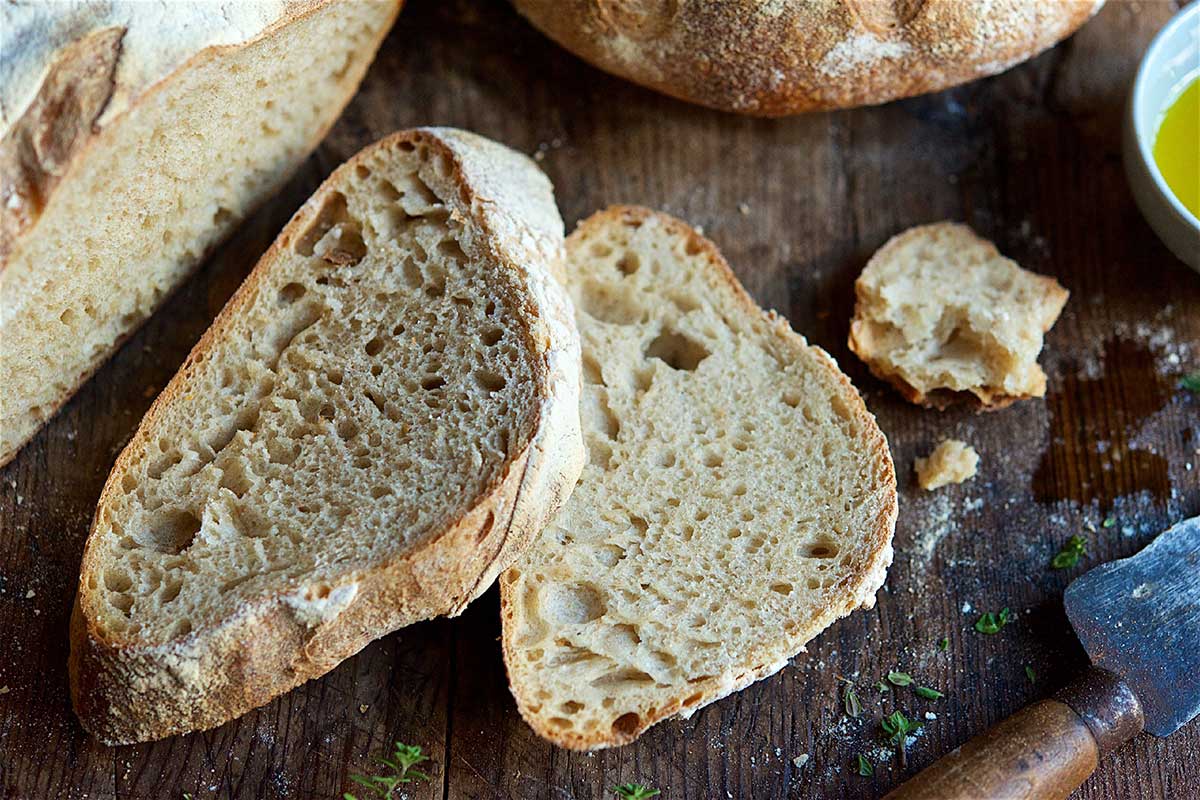
From here, I’ll set goals to lay out specific areas for improvement — like the aforementioned pastry, or sharpening my cake decorating talents. Next, it’s time to plan out a personal curriculum. Which Baking School classes should I take to help me achieve my goals? Which videos should I watch to supplement my learning? Which recipes should I try?!
Once I decide how I’m going to accomplish my baking objectives, I’ll embark on an extensive (and delicious) yearlong journey to become an even better baker.
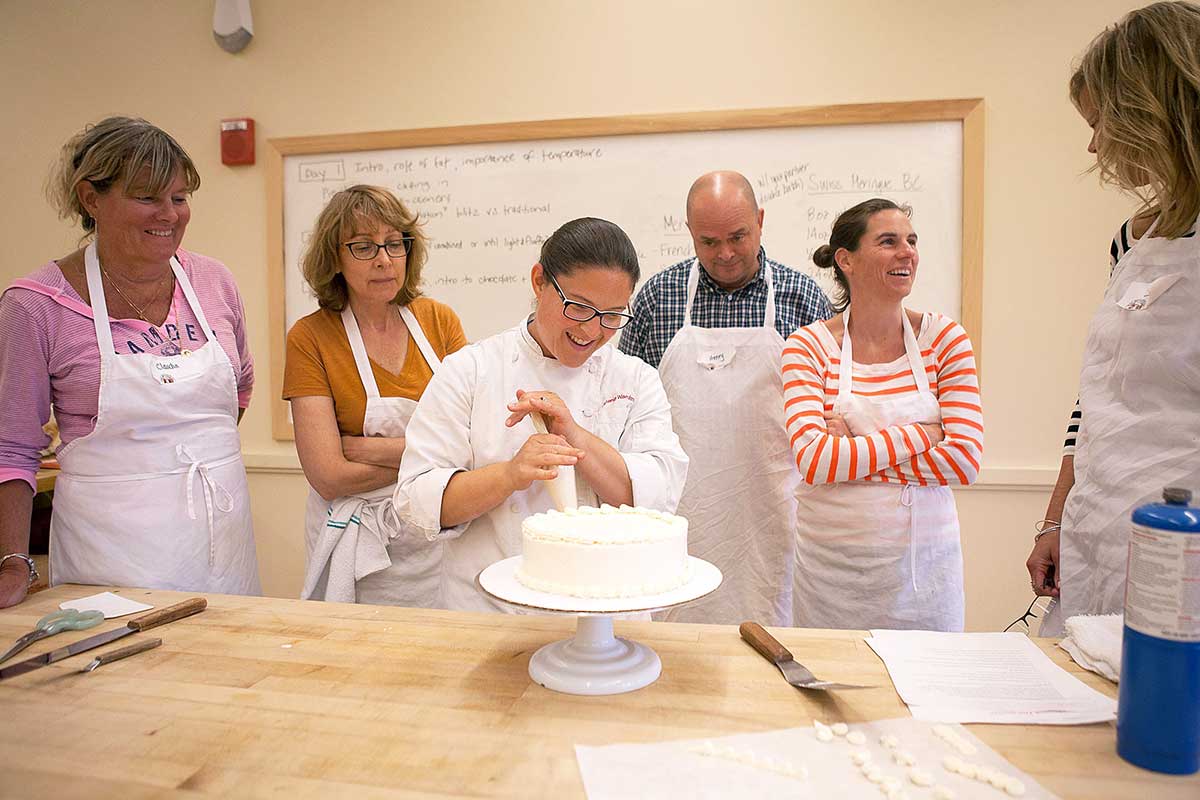
While I’m just starting my formal development, other employee-owners have come much further. Digital Engagement Team member Kat Mayerovitch took a Crafting Croissants course at our Baking School to master laminated doughs, while Associate Social Editor Annabelle Nicholson made it her mission to learn about gluten-free and paleo baking.
For Annabelle, it was important to sharpen her skills in baking she didn't practice regularly because, as she says, “Our baking knowledge is to better serve our customers with their own baking.”
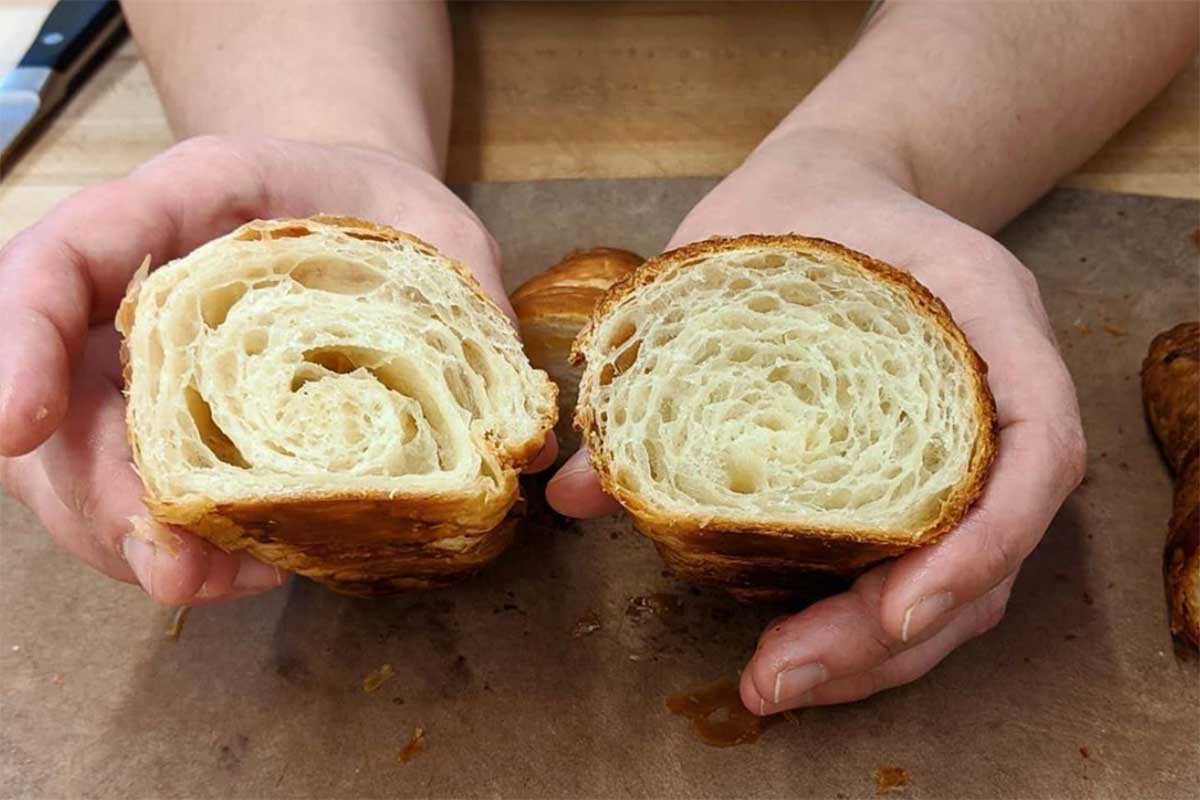
And if you, too, want to set out to become a better baker, our employee-owner Laura Scaduto has some tips to plan your own curriculum. A beginner baker to start (you may have already read about one of her early kitchen disasters), she was inspired to improve her talents even though her role at the company didn’t actually call for a Baking Development Plan.
After spending months honing her skills, she has some takeaways to offer from a journey that’s been both messy and tasty:
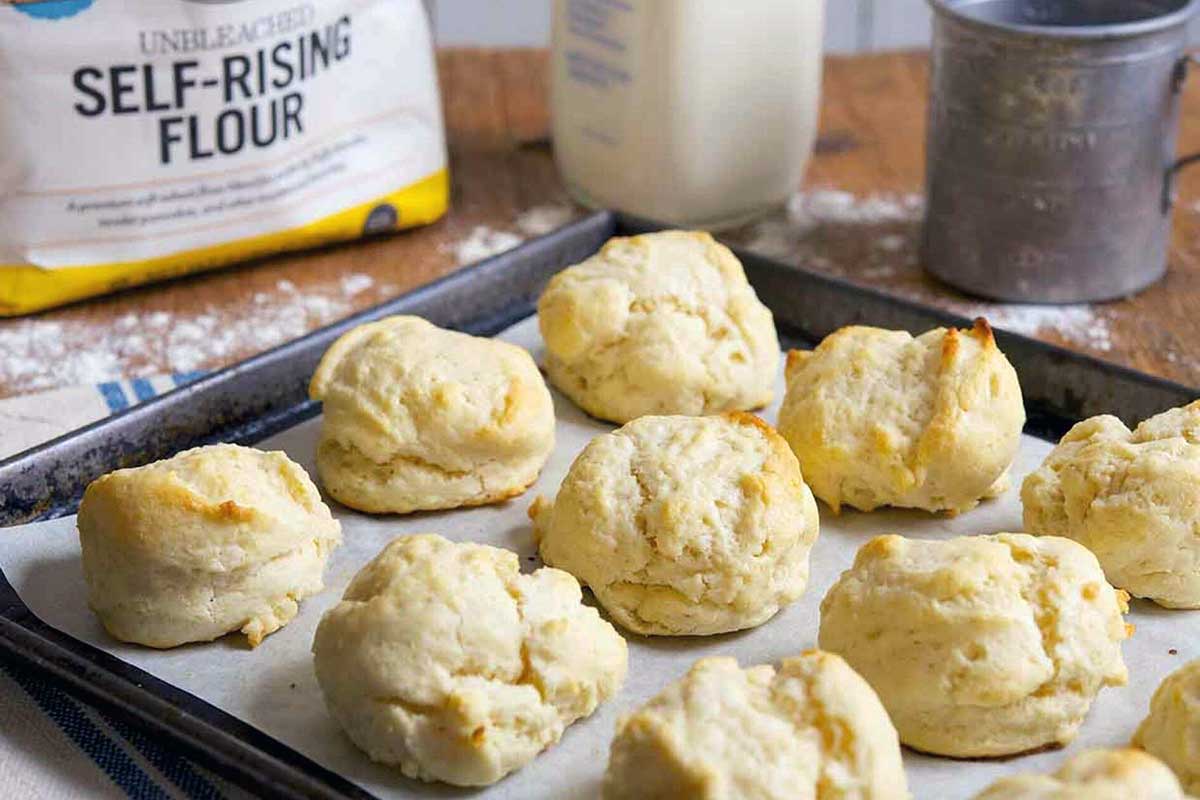
At King Arthur, we don’t just say we’re a baking company — we embody it in every way, which starts with our very own employee-owners. Our commitment to helping you bake better means a commitment to being the very best bakers we can be. And if that means we have to make a whole bunch of Croissants de Pâtissier to truly master puff pastry techniques? Well, it’s a hard job, but someone’s gotta do it.
If you’d like to sharpen your talent in the kitchen along with us, check out our Baking Skills video series, or all of the other videos we have from King Arthur instructors passionate about helping you bake better.

